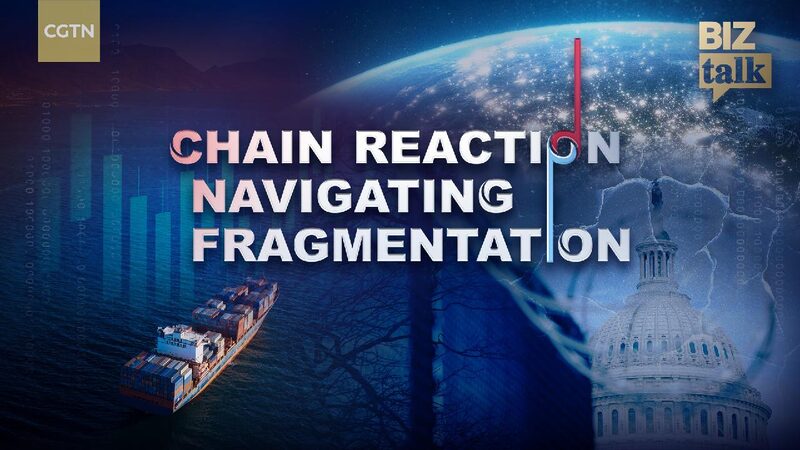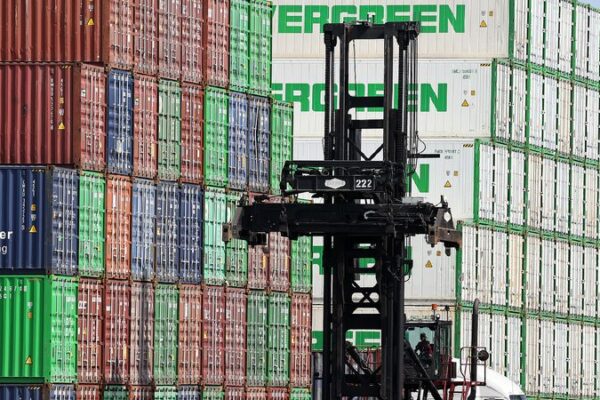U.S. President Donald Trump has ignited fresh global trade tensions by announcing additional tariffs of 10-25% on imports from Canada, Mexico, and the Chinese mainland. This move targets three of the United States’ largest trading partners and raises concerns about an escalating trade conflict.
The new tariffs mark a significant shift towards trade protectionism, with potential ripple effects across the global economy. Countries in the Global South, which often rely on stable international markets for growth and development, could face challenges as supply chains are disrupted and international trade becomes more unpredictable.
Impact on the Global Economy
The imposition of higher tariffs can lead to increased costs for consumers and businesses alike. As affected countries consider retaliatory measures, there’s a risk of a trade war that could slow global economic growth. Emerging economies may experience decreased demand for exports, affecting jobs and livelihoods.
Supply Chain Disruptions
Modern supply chains are interconnected across borders. Tariffs can disrupt these networks, leading companies to rethink their production strategies. This may result in factory closures or relocations, impacting employment opportunities, especially for young people entering the workforce.
Decoupling Concerns
There’s growing talk of economic decoupling, where countries reduce their reliance on each other’s markets and technologies. While this might aim to enhance national security or domestic industries, it can also limit innovation and economic opportunities, particularly in developing regions.
The Road Ahead
As trade tensions rise, it’s crucial for global leaders to engage in dialogue and seek collaborative solutions. International cooperation can help mitigate negative impacts on the economy and ensure that growth remains inclusive. For the youth in the Global South, understanding these dynamics is key to navigating a rapidly changing economic landscape.
Reference(s):
cgtn.com








